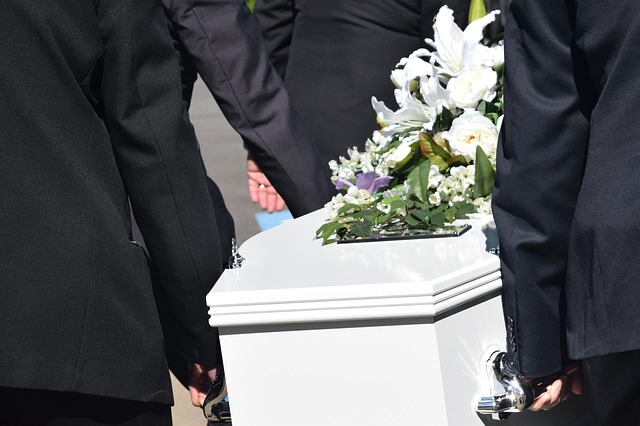Burial is a profound ceremony that transcends cultures and religions, serving as a final act of love and respect for the departed. From ancient times to modern practices, the rituals surrounding burial have been deeply rooted in the spiritual beliefs of communities worldwide. These rites not only honor the deceased but also offer solace to the grieving. In this exploration, we delve into how burial plays a pivotal role in various religious contexts, intertwining the sacred with the earthly.
In Christianity, burial is steeped in the hope of resurrection. The act of laying a body to rest is often accompanied by prayers and hymns, reinforcing the faith that life continues beyond the grave. The burial site becomes a sacred space, a physical reminder of the believer’s enduring bond with the departed soul. Many Christians choose to personalize these grounds with symbols of their faith, creating tranquil places for reflection and remembrance.
Similarly, in Judaism, burial is not just a duty but a deeply spiritual act. The tradition emphasizes prompt interment, aligning with the belief that the body should return to the earth swiftly. The rituals surrounding Jewish burial include the practice of shivah, where mourners gather to express their grief and support one another. This collective mourning helps individuals cope with loss while reaffirming community ties, emphasizing that death does not sever relationships but transforms them.
Islam also regards burial as a sacred duty, profoundly tied to the tenets of faith. The deceased is treated with dignity, and the burial is typically conducted within 24 hours. Muslims believe in the physical preservation of the body, which reflects their deep respect for human life. The burial places serve not only as resting grounds for the departed but also as spaces for the living to reflect on mortality and spiritual connection.
Even within indigenous traditions, burial rites can vary drastically but consistently embody a universal respect for life and death. Rituals often encapsulate storytelling, songs, and dances that celebrate the individual’s life while helping the community process their grief. These ceremonies reaffirm cultural identity, with burial sites frequently becoming sacred landmarks imbued with collective memory and reverence.
As we explore these varied practices, it becomes evident that burial rituals serve as a bridge between the living and the dead, transcending the physical separation brought by death. They allow us to pause, reflect, and connect with a larger narrative of existence that encompasses not only personal loss but the cultural and spiritual heritage that shapes our responses to it.
Ultimately, the significance of burial in religious rituals lies not only in the act itself but in the emotional journey it precipitates. These rituals provide a safe passage for families and communities to express their grief, celebrate lives that were lived, and reaffirm their beliefs surrounding death and the afterlife. As we continue to grapple with the concept of loss in our ever-changing world, the rituals surrounding burial remain a testament to our enduring humanity and our quest for understanding in the face of mortality.




